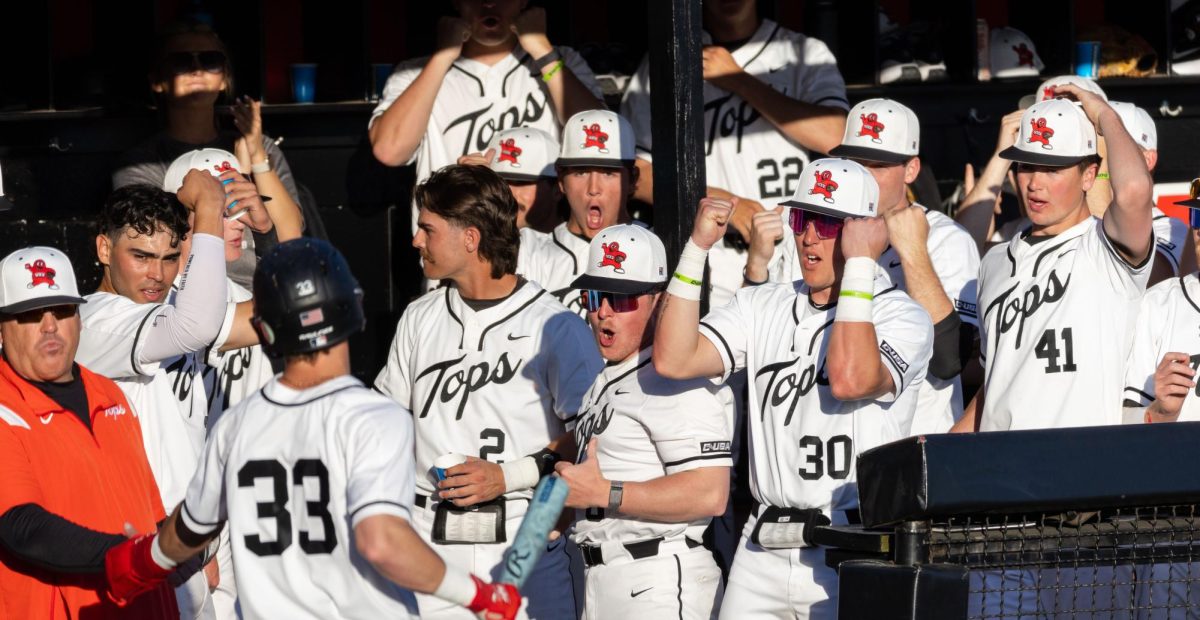WKU faces $2.3 million budget deficit
February 22, 2011
WKU is preparing for budget cuts for the 2012 fiscal year, but at Thursday’s University Senate meeting Gordon Emslie, provost and vice president for Academic Affairs, said no WKU faculty or staff member would suffer “involuntary termination” as a result of the cuts.
WKU is looking at a $2.3 million deficit, and Emslie said there will be a 1.1 to 1.6 percent cut in budgets in various colleges.
“We were unable to replace all of the federal stimulus money,” Emslie said. “With the disappearance of some of that money, we got put in a hole.”
The federal stimulus money WKU has been receiving through the American Recovery and Reinvestment Act of 2009 will expire June 30. WKU received a total of $5.4 million in stimulus funds through the act. To compensate for the loss of stimulus money, budget cuts are necessary, Emslie said.
“We knew the state wasn’t able to replace all of the stimulus money,” Faculty Regent Patti Minter said. “The money would have to come from somewhere.”
The budget cuts were first mentioned at the Board of Regents meeting on Jan. 21. Minter said many people left that meeting without a clear understanding of the proposed cuts.
“It’s funny because it’s been a real stealth budget cut,” Minter said. “A lot of people haven’t necessarily known about it yet except for some of the departments hit hard.”
Emslie said all of the deans have been informed of the cuts. It would be up to the deans to forward the message to department heads.
The biggest chunk of the $2.3 million reduction will come from Academic Affairs, Budget Director Kim Reed said. That division will see about a $1.5 million cut.
Minter talked to a few of the departments that have been affected.
“They were very troubled, not only about next year but for the future as well,” Minter said.
Although Emslie said there will be no layoffs due to the budget cuts, Minter said job searches have been halted.
“The provost puts a positive spin on the cuts with no involuntary firings,” she said. “But we have had to stop searches for positions that were ongoing, and some were in very popular majors.”















